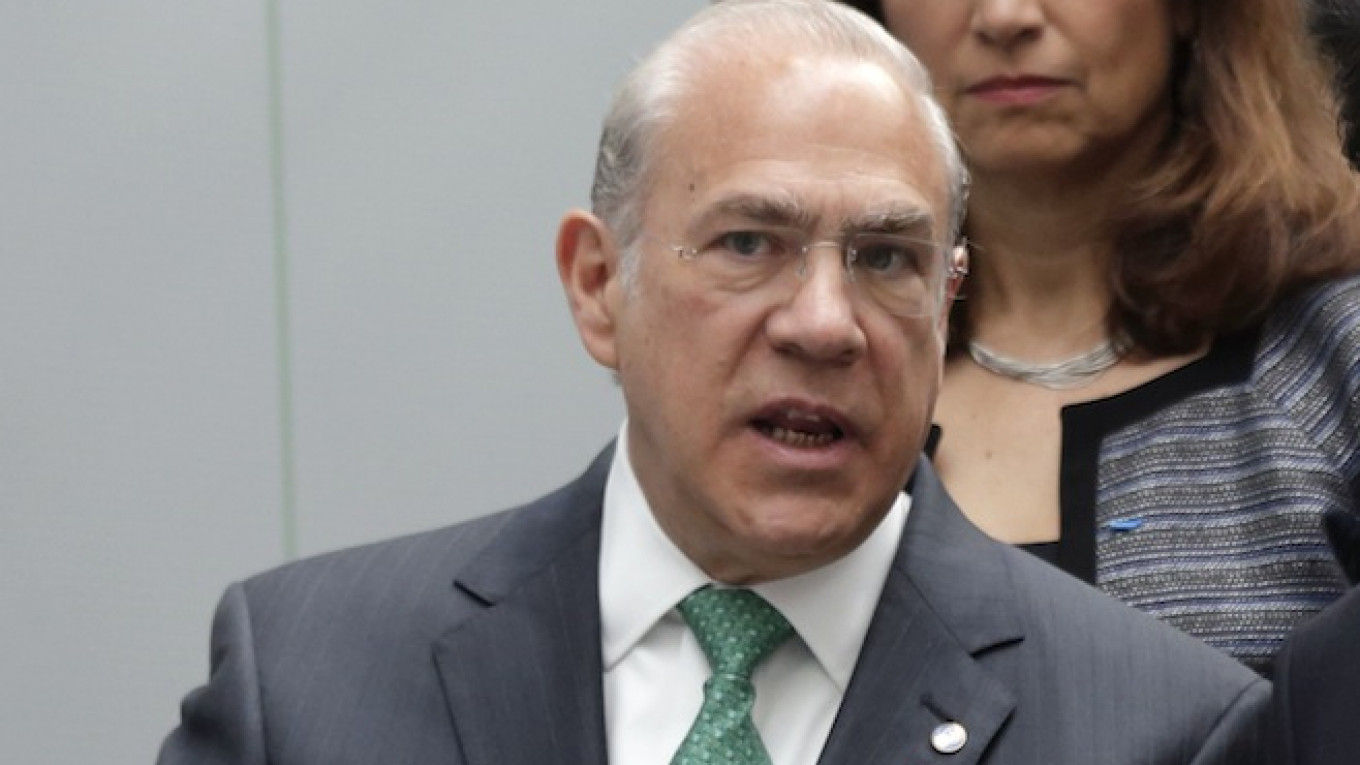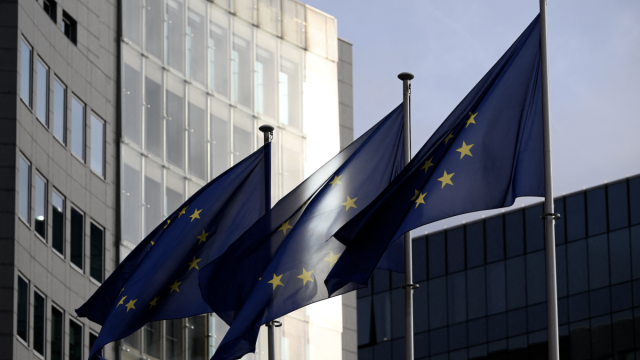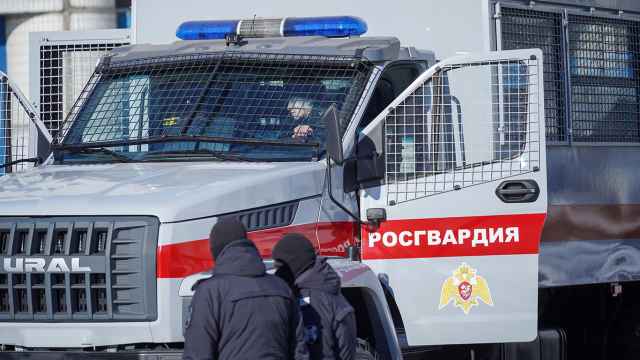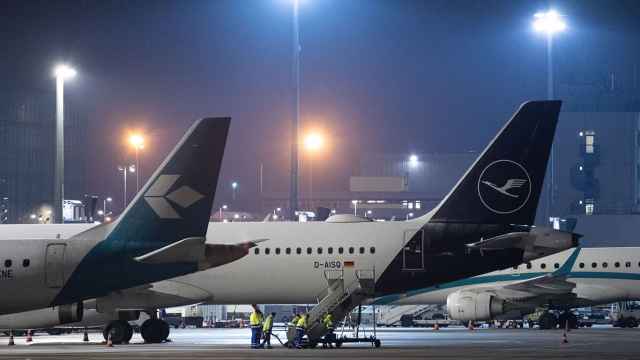The Paris-based organization of advanced economies predicted Russia's gross domestic product would grow by 0.5 percent this year — cutting its 2014 forecast from a previous 2.3 percent. The largely oil and gas-based economy grew by 1.3 percent in 2013.
The OECD is the latest international organization to cut its growth outlook for Russia, as the political crisis in Ukraine and the western sanctions it has provoked caused large-scale capital outflows and a slump in investment. The International Monetary Fund said last week Russia was in recession and cut its growth forecast for the year to 0.2 percent from 1.3 percent.
"The moderate recovery that was under way at the end of 2013 has been halted by the turbulence related to the events in Ukraine," the OECD said in its semi-annual global outlook. "Associated increased uncertainties and capital flight are now weighing on investor confidence."
It recommended that Russia temporarily relax its fiscal rules to allow greater government spending.
"Lower than planned nonoil revenues risk testing the deficit ceiling of the medium-term financial framework," the OECD said. Russia should use higher oil revenues resulting from a weaker ruble "to avoid spending cuts and finance additional spending to support economic activity. A temporary deviation from the medium-term fiscal framework should be reversed once the economy gains speed again."
The call contrasts with advice from the IMF, which has praised Russia for sticking to a rule limiting government borrowing to 1 percent of gross domestic product per year.
The government has ruled out revising the basic fiscal rule, but it is preparing other steps. They include dipping into its $87 billion National Welfare Fund, which would enable it to boost spending on major infrastructure projects.
The OECD predicted the economy would see some improvement in 2015, when it projects growth accelerating to 1.8 percent. But it warned that the potential for recovery would be constrained by deteriorating external economic relations.
"The risks are mostly negative," it said.
See also:
A Message from The Moscow Times:
Dear readers,
We are facing unprecedented challenges. Russia's Prosecutor General's Office has designated The Moscow Times as an "undesirable" organization, criminalizing our work and putting our staff at risk of prosecution. This follows our earlier unjust labeling as a "foreign agent."
These actions are direct attempts to silence independent journalism in Russia. The authorities claim our work "discredits the decisions of the Russian leadership." We see things differently: we strive to provide accurate, unbiased reporting on Russia.
We, the journalists of The Moscow Times, refuse to be silenced. But to continue our work, we need your help.
Your support, no matter how small, makes a world of difference. If you can, please support us monthly starting from just $2. It's quick to set up, and every contribution makes a significant impact.
By supporting The Moscow Times, you're defending open, independent journalism in the face of repression. Thank you for standing with us.
Remind me later.






